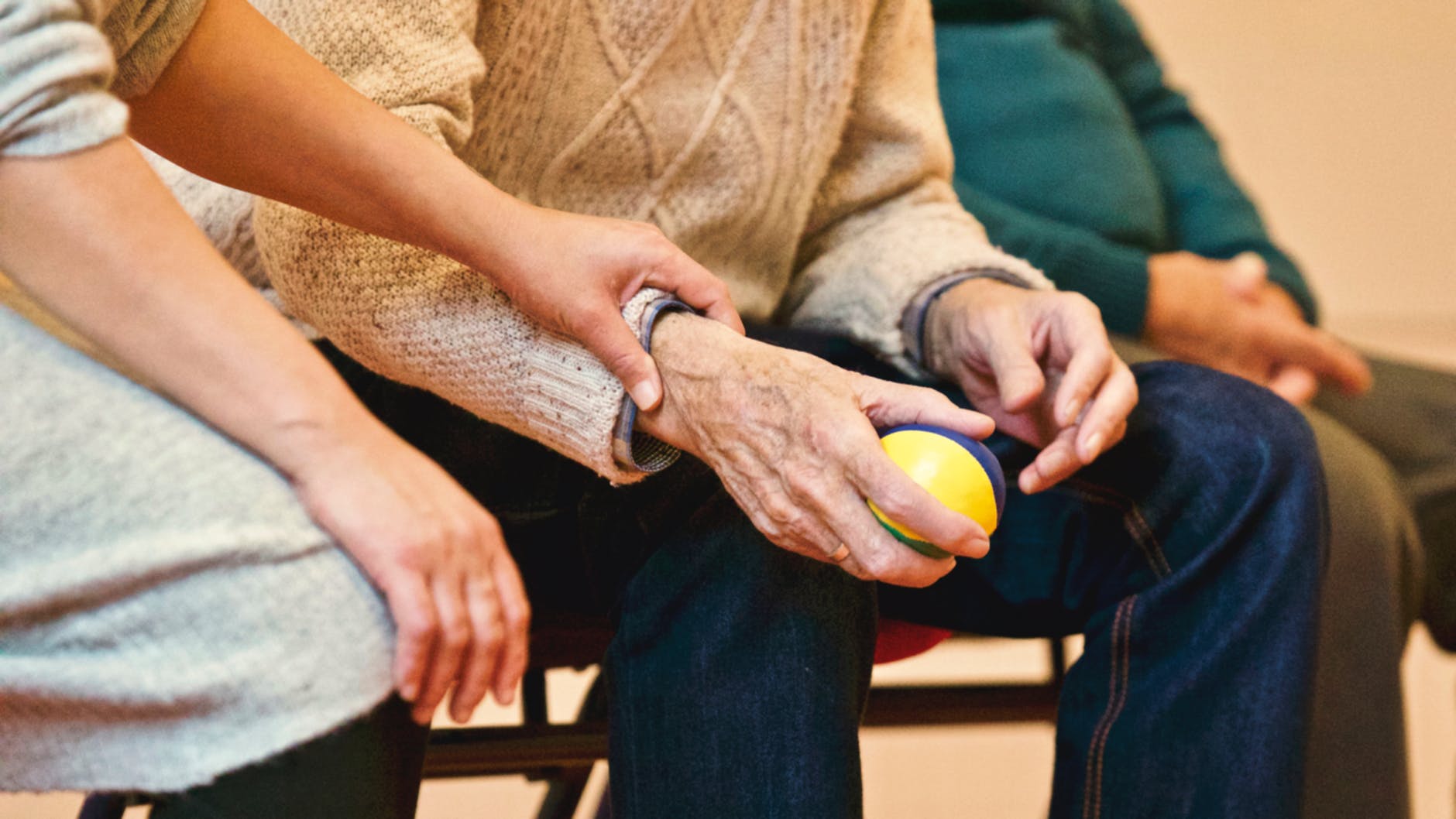
The world unfortunately is not always as safe as we think.
So it’s important that we know what it means to truly care for others.
In order for safeguarding to work effectively we need people to understand what it is and why it matters. You should also know what to do if you suspect abuse is occurring.
We’ve collaborated with a variety of professionals who are, in one way and another, involved or responsible for safeguarding. These professionals come from charity organisations, local churches, and voluntary organisations. We even spoke to a professional magician. We asked them to help us explain what Safeguarding is. What are the essential facts that everyone should know?
We compiled their thoughts in this short video. It includes a definition of Safeguarding, examples and details about the types of harm, and how we can recognise the signs of abuse. Most importantly it also tells you what you should do if you have concerns.
So, what is Safeguarding?
The message is clear – If you suspect something is wrong or abuse is happening then don’t ignore it. Be brave. Go ahead and tell someone. If you’re concerned that an adult is at risk of abuse, report it to your local adult social care team. Or if it’s an urgent concern, report it to the police.
We’d like to thank the following people and organisations for their participation in this video:
- Steve Kiekopf, Sense
- Caroline Morrice, Gain
- Sue Martindale, MacIntyre
- Frances Danylac, SIBS
- Riaz Ravat, St Philips Centre
- Todd Landman, Professional Magician and University of Nottingham.
- Martyn Walley, Woodgreen Church
- Maria Martinez, Rotary.
Further Safeguarding Resources
If you would like to know more about Safeguarding click here.
Want to test your knowledge of Safeguarding? Take our free online checklist to assess your own understanding. You’ll also gain access to more useful resources to help you learn about policy, procedures and practices. Click here to begin your checklist.
Thanks to the Safer Social Sector Partnership in connection with the National Lottery and NCVO for funding this video and associated resources.
*The Safer Social Sector Partnership is coordinated by the National Council of Voluntary Organisations (NCVO). It involves 13 national umbrella bodies and organisations. They share their skills, knowledge and experience so that all voluntary organisations can be a safe place for beneficiaries, volunteers and staff.

